Reversing Roe: What Are Teens Saying?
Generation Z is no stranger to political protest. Each year has produced a new form of social activism as teenagers across the nation walk-out of school, take to the streets and launch their own platforms to increase awareness in their communities. Whether it be gun violence, sexual assault, social injustice or climate change, young people are speaking out more than ever. And with good reason.
Every one of the issues leading to these student protests has a particularly damaging effect on teens themselves. Gun violence happens in schools, as does sexual assault and harassment, racism and homophobia.
What is generally not happening in schools, as the current debate around the overturning of Roe v. Wade makes clear, is effective education aimed at helping teens make good choices for their sexual health and relationships.
This is why, for perhaps the first time in U.S. history, teens across the nation are staging protests for the sake of more education.
In Fairfax County, Virginia, fifteen-year-old Rivka Vizcardo-Lichter launched a protest outside a local school board meeting demanding that schools offer comprehensive sex education “other than abstinence.”
Hannah Natanson’s article for the Washington Post, “After Roe, Teens Are Teaching Themselves Sex Ed, Because the Adults Won’t” revealed that teenagers are doing a lot more than protesting. Across the country, teen groups are gathering for the sake of greater knowledge and preparedness. In Franklin, Tennessee, four young women (all high school age) formed the group “Teens for Reproductive Rights,” and began to hold meetings with other teens where they could discuss things like contraception and healthy versus toxic relationships.
Emma Rose Smith, one of the founding members of the group, talked about the type of sex education she received in school: “In fifth grade, they just said your boobs might grow and you might get your period. ... In ninth grade, they showed pictures of STDs [and] said this is what you’re going to get if you have sex.”
Tennessee is one of many states where the law requires that sex education cannot include instruction that encourages students to engage in “non-abstinent behavior” and where teachers could face a $500 fine if they don’t comply.
No wonder teens are concerned. Sex education in schools is less available now than it was in 1995.
Jen Hicks, a sex educator interviewed by Gaines and Miller, shared a statement one of her high school students made:
“How can you adults expect us teenagers to make healthy decisions if you’re too scared to teach us what we need to know?”
Unfortunately, there are more insidious problems resulting from lack of quality sex education. Given that teens are naturally curious about sex, whether or not they choose to engage in sexual activity, leads them to seek information through the only means that the law affords them: the internet.
Currently, 93 % of boys and 62% of girls are exposed to internet pornography before the age of 18 (Bevill and Associates). Equally disturbing is the fact that only 50% of adolescents reported in 2015 – 2019 that they had received instruction on where to get birth control before they had sex for the first time.
It looks as though the impact of reversing Roe v Wade will hit teens harder than most.
Katherine Speller, Health and Sex editor for She Knows magazine reports that, “How teens talk about the last few decades of Supreme Court strategy… reveals a deep understanding of the different power players, the various motivations, and the disillusionment with the idea of “playing nice in a broken system” that is not only failing to serve them but doing them harm.”
Speller goes on to say that, “While the adults in their lives can’t do a lot by way of comfort or protection from rulings made by the highest federal courts, it’s important to remember that adults can always continue to make the space for young people’s feelings during these kinds of scary moments.”
At Be Strong, Be Wise, our goal is to provide a pathway for these conversations, a place where teens can explore their own readiness and feelings about the sex experience, separate from their screens, and the limiting and sometimes harmful instruction they may receive in “abstinence-only” classrooms.
In our course for youth, we seek to create greater awareness in each and every student, awareness of the ways to communicate sexual readiness (or un-readiness) to potential partners, and how to listen and respect the communications of others. It’s our belief that knowledge is power, and self-knowledge: empowerment. We’ve observed how making space for these discussions does not increase fear, but rather increases confidence, as young people learn how to make choices that work for them, and to stand by those choices. As one of our students said, “Be Strong, Be Wise has given me a type of third eye I never knew existed.”
If you’re concerned about the teens you care about, and want to offer them a step-by-step pathway for exploring sexual ethics, check out our course for youth at: https://www.bestrongbewise.com/programs-for-youth.

